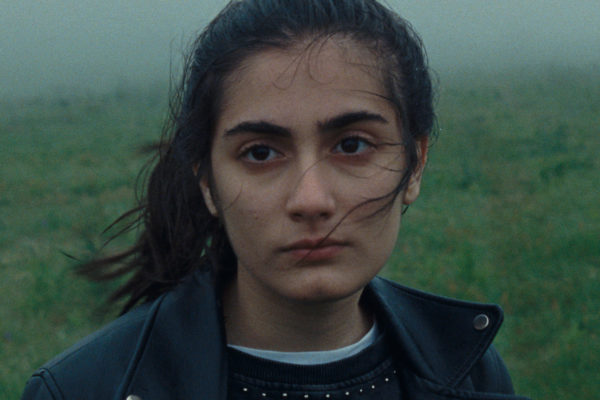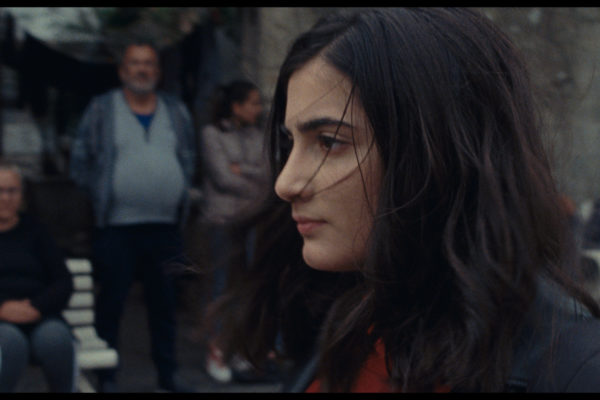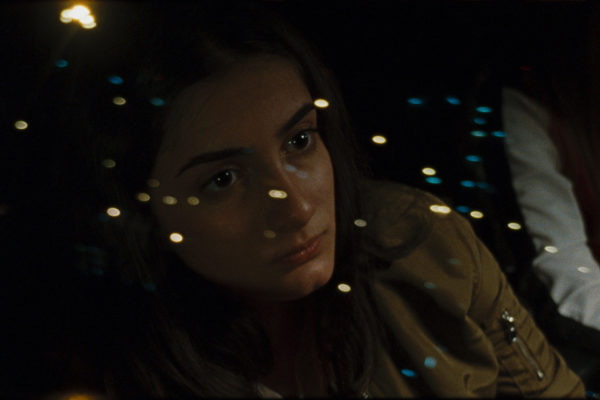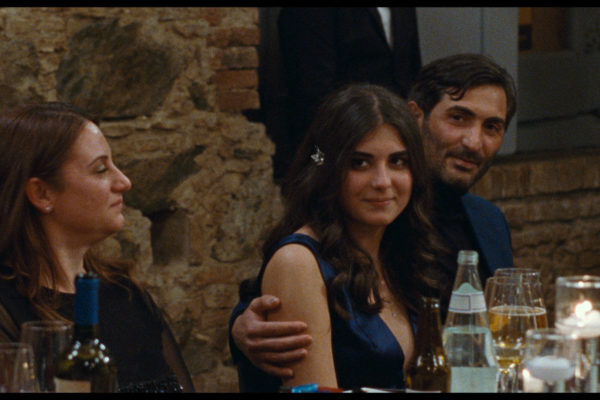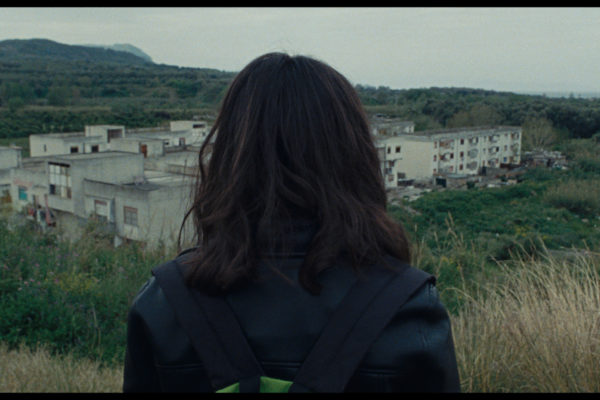drama / Etats-Unis, France, Italie / 120’ / Color / status : completed / Italian / long feature-film / All Rights / International catalogue
The Guerrasio family and friends gather to celebrate Claudio and Carmela’s oldest daughter’s 18th birthday. There is a healthy rivalry between the birthday girl and her 15-year-old sister Chiara as they compete on the dancefloor. It is a happy occasion, and the close-knit family are on top form. However, everything changes the next day when the father disappears. Chiara, unconvinced by the cover story, starts to investigate. As she gets closer to the truth, she is forced to decide what kind of future she wants for herself.





Press
“Instantly engaging. A Chiara lifts the director’s scrappy neo-neorealism to another level, showing him increasingly in command of the medium and physically entrenched in the milieu he continues to explore in fascinating detail. His most accomplished, polished and affecting film to date though it still maintains enough grittiness and rough edges to fit the material. Again coaxing impeccably unselfconscious performances out of nonprofessional actors… There’s a new urgency to the drama once it kicks in, a more haunting intimacy that comes in no small part from the churning depths of Rotolo’s central performance. A shattering climax.”
David Rooney, THE HOLLYWOOD REPORTER
“Carpignano’s focus on 15-year-old Chiara (a radiant Swamy Rotolo) is a natural way of prepping the audience’s sympathies, but he aims beyond easy generational assumptions, and even more noticeably than in his sophomore work, he’s imbibed some lessons from Martin Scorsese in refusing to presume a judgmental stance. A Chiara will likely expand the director’s visibility and send people back to watching his earlier features.”
Jay Weissberg, VARIETY
“Carpignano’s anthropological inquests take the shape of a coming-of-age plot for steely-eyed fifteen-year-old Chiara (Swamy Rotolo, a dead ringer for Dixie D’Amelio charged with the steady intensity of Monica Bellucci). To avoid the sensational appeal discordant to his neorealist ethic, Carpignano leaves much of the violence offscreen, a deft choice that also places us in line with Chiara’s fearful curiosity about what went down and what it means. A Chiara caps off Carpignano’s Calabrian triptych in unexpected fashion by orienting itself around a less-marginalized population, reenergizing his style from the brink of stagnation in confronting questions of power that haven’t cropped up before. He’s not quite deconstructing the gangster picture, but he succeeds in draining all its allure. We can see this demimonde through the accessible vantage of an outsider, horrified and yet drawn in all the same.”
Charles Bramesco, THE PLAYLIST
“Shards of furious beauty take us away. The film ungulfs itself in the unsaid, locked to its young heroine and her point of view, embracing her discovery of a reality that had always been hidden from her. Jonas Carpignano explores on-board realism, with a camera that abolish any distance with his character. The film is at its best when it rubs shoulders with a pure present, as during the splendid opening scene: we find ourselves immersed in the heart of the family clan, of its workings, its more or less tacit laws, its ties which gently rise to the surface.”
Mathieu Macheret, LE MONDE
“With humanity and a deep feeling of affection, the director shifts his attention from illegal immigrants to Roma people, and finally to a 15-year-old girl, to explore with an original angle the families of the 'Ndrangheta, the Calabrian mafia that has now conquered Europe. Tim Curtin photographs in natural light, making everything look cruelly real, and the camera is always close to the protagonist's face and eyes, constantly searching and challenged. Compared to Carpignano’s two previous works, A Chiara demonstrates more work on the writing, with a greater awareness of social (and legal) issues. And in its critique, there is a greater concession to the fictional aspect of the story.”
Camillo De Marco, CINEUROPA
